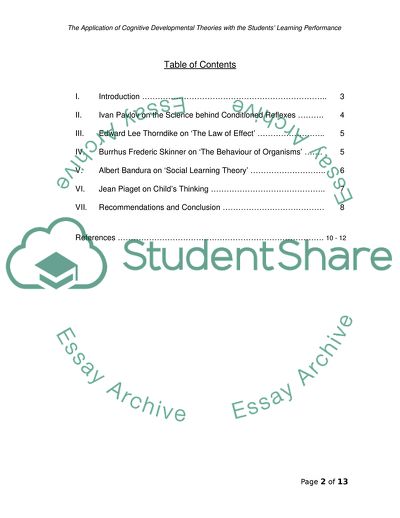Cite this document
(Childs Learning Case Study Example | Topics and Well Written Essays - 1500 words, n.d.)
Childs Learning Case Study Example | Topics and Well Written Essays - 1500 words. https://studentshare.org/human-resources/1714716-child-development
Childs Learning Case Study Example | Topics and Well Written Essays - 1500 words. https://studentshare.org/human-resources/1714716-child-development
(Childs Learning Case Study Example | Topics and Well Written Essays - 1500 Words)
Childs Learning Case Study Example | Topics and Well Written Essays - 1500 Words. https://studentshare.org/human-resources/1714716-child-development.
Childs Learning Case Study Example | Topics and Well Written Essays - 1500 Words. https://studentshare.org/human-resources/1714716-child-development.
“Childs Learning Case Study Example | Topics and Well Written Essays - 1500 Words”. https://studentshare.org/human-resources/1714716-child-development.


